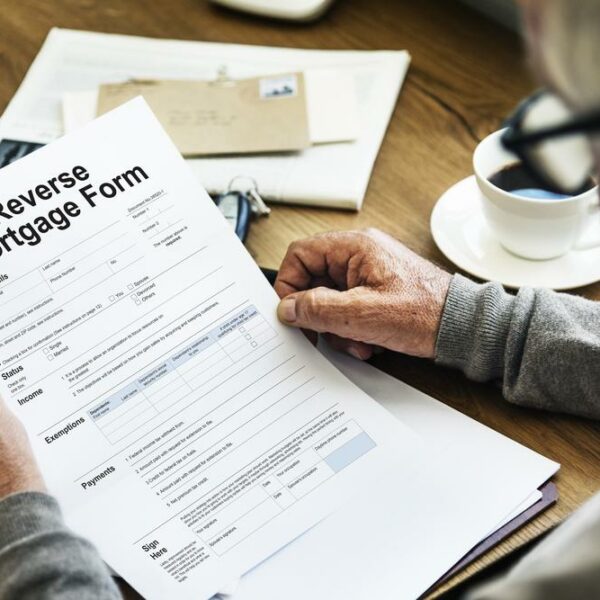
4 Disadvantages Of A Reverse Mortgage
A reverse mortgage is basically a home equity loan that doesn’t require you to have income or good credit. You can get a reverse mortgage either as a lump sum amount of money or as a line of credit, but you don’t need to make payments on it. Moreover, the loan doesn’t need to be paid back till you move out of your home or die. Then, the bank will sell your home and repay the loan. Although reverse mortgages may seem like one of the easiest mortgages in the market, these have a number of terms and conditions attached to them. First, reverse mortgages have an age requirement. To qualify for this mortgage, you need to be 62 years or more. Second, the home you buy with a reverse mortgage needs to be your primary residence. If you plan to move out or even if you are moved to a facility for healthcare, the repayment process will need to start. Usually marketed as a path to a ‘free-er’ retirement, reverse mortgages are generally very tough to understand. Here are some situations in which you should just walk away from a reverse mortgage. When you wish to leave your home to your family As stated above, in case of your death, the reverse mortgage in your name will be due.